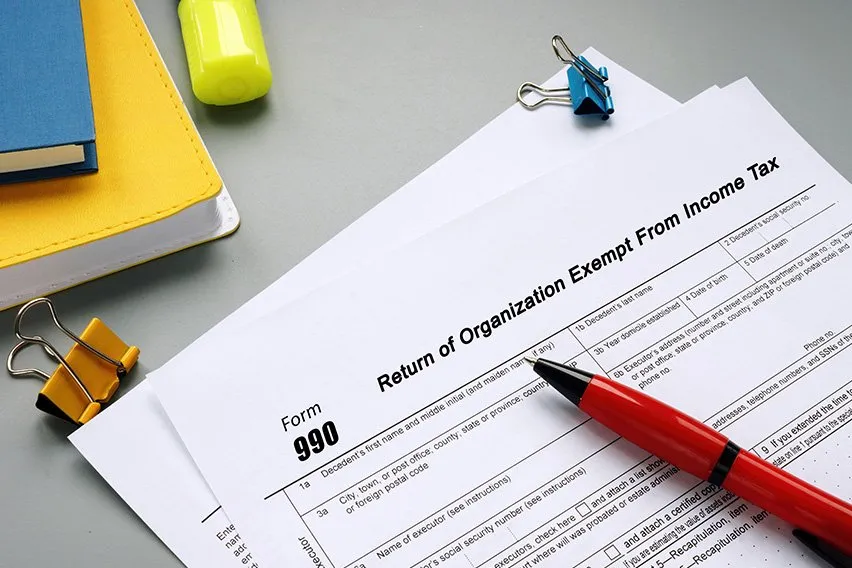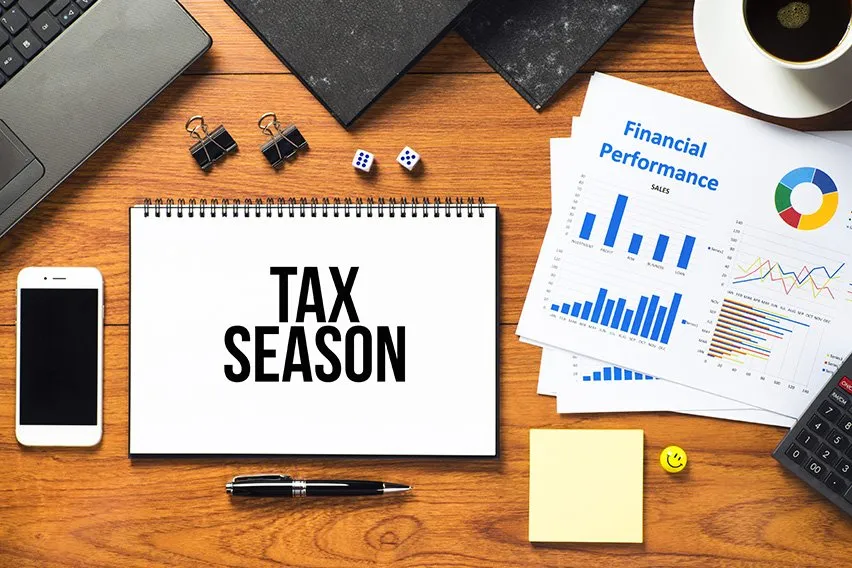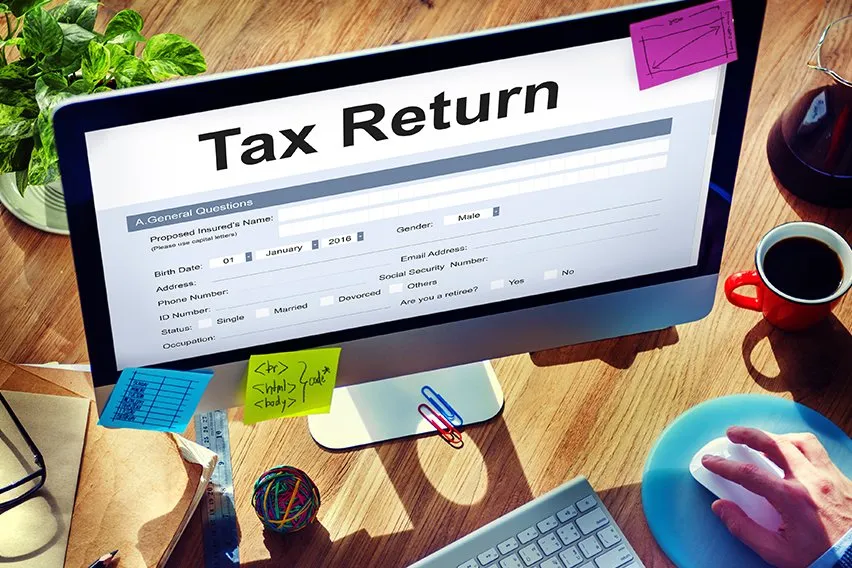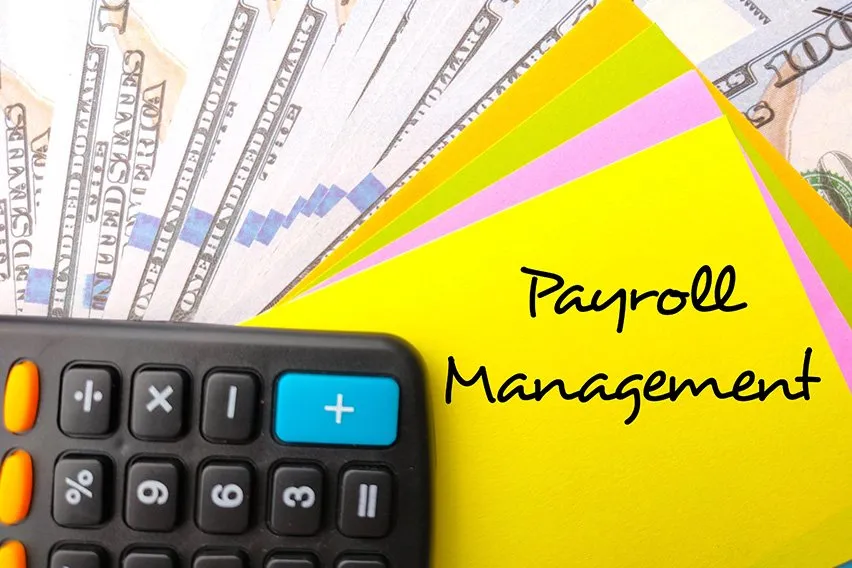Construction Tax Deductions for Builders and Contracting Businesses

If you own and operate a small business, you may already know how critical it is to get your financial situation in order at tax time. One of the most significant ways to do that is to capitalize on any available tax write-offs that your business can claim. In this post, we’ll take a closer look at construction tax savings you can use to help your company.
Once you get the hang of the tax deduction process, it’s easier to know what to look out for throughout the year. No matter how experienced you are, you can learn how to reap the benefits of construction tax deductions and put more money back into your business.
Here’s What We’ll Cover:
How Do Tax Deductions Help Construction Businesses?
Understanding the Tax Deduction Process
Top 6 Tax Deductions for Construction Businesses
Steps to Avoid Missing Important Write-offs
How Accounting Practices Can Save You Money in Your Construction Company
Leverage Tax Deductions in Your Business
More Resources for Construction Businesses
How Do Tax Deductions Help Construction Businesses?
A tax deduction, also referred to as a tax write-off, helps small businesses by decreasing tax liability. This simply means that the total amount for which you are taxed by the Internal Revenue Service (IRS) is smaller once you factor in deductions.
Throughout a year of normal operations, costs and expenses can chip away at the bottom line. At tax time, it’s possible to write off qualifying expenses in a way that reduces the tax burden. These rules are particularly beneficial if your construction business is claiming a loss.

Understanding the Tax Deduction Process
The IRS is the federal agency that sets rules and restrictions for tax deductible expenses. To gain a better understanding of the requirements, you can explore the agency’s guide to deducting business expenses properly.
One rule of thumb is that any notable business expenses should be “necessary and ordinary.” This means that the IRS expects that any costs you claim as a deduction are critical to running your business. So while you can claim safety gear as a deduction, you may not claim a new suit and tie that you wear to a professional networking event.
When it comes to write-offs, the lines can sometimes get blurry. A certified public accountant (CPA) can clarify any confusion and help you include the appropriate expenses.
Top 6 Tax Deductions for Construction Businesses
The complete list of potential write-offs is extensive. As a result, it may be wise to work with a tax professional who understands your unique needs and expenses. Use the six items below as a starting point when compiling your records.
1. Mileage
Mileage costs are one of the biggest items that you can claim on your taxes, but keeping track requires diligence throughout the year. When it comes to how and when you drive, you can track occasions such as:
- Driving to and from construction sites or jobs
- Traveling to pick up materials and new equipment
- Trips to meet with potential and future clients
The IRS uses a standard mileage formula to show how much you can deduct in terms of mileage. To fully take advantage of this common deduction, be sure to manually calculate your miles and travel time. You can even use mobile apps to do this tracking for you.
2. Travel-related Expenses
In addition to tracking your mileage, construction businesses often require purchase of motor vehicles to conduct normal business operations. Whether you need work trucks or more specific machinery, these may be tax-deductible expenses that you should take advantage of. You can also write-off costs like parking fees, fuel and vehicle maintenance.
In order to qualify, the vehicle’s primary use should be for construction-related activities. If the car, truck, or vehicle’s usage is more personal in nature, you may not be able to claim this as a business expense.
3. Self Employment Tax
Some deductions apply to you as the owner of a small business, since you are considered self-employed. One of these write-offs is the self-employment tax deduction.
In a more traditional work setting, your employer would be responsible for splitting some of the expenses associated with your Medicare and Social Security taxes. When you’re self-employed, however, these expenses are completely your responsibility. Fortunately, IRS rules allow you to write off the amount you pay towards these taxes as part of your deductions.
4. Advertising and Marketing
Not only do you need to get the word out about your company’s services, but you must use marketing strategies that pull in new customers and leads. Although you might be able to rely on some organic results, you’ll often have to invest some money in these efforts. Luckily, advertising and marketing expenses are one of the savings you can claim in your construction business.
To take full advantage of this write-off, be sure to track:
- Money spent on digital channels
- Investments made in print media and advertising
- Costs associated with the production of marketing materials (e.g., video equipment, paper for printed materials, etc.)
5. Subcontractor Labor Hours
Construction companies typically use hired labor to complete new projects. Many times, subcontractors are also brought in for specialty or highly technical aspects of the job. Provided that you follow the appropriate steps, the cost of this labor is generally deductible.
One caveat to note is that the IRS does have strict rules in place regarding contractors versus full-time construction workers. To benefit from certain labor deductions, be sure to classify each construction worker or self-employed contractor appropriately.
6. Depreciation Costs
In construction, you’ll likely need to make large purchases in terms of equipment and materials. Even if these purchases sustain your operations for years, it’s understandable that they begin to lose value the more that they’re in use. This lost value is known as depreciation, and it can be included in your construction company deductions.
Claiming depreciation can be an important benefit for industries that use large pieces of equipment or property, such as construction, farming, and real estate management. For more information on how this process works, you can explore Section 179 from the IRS.

Steps to Avoid Missing Important Write-offs
Even when you know the major categories to look for, it’s still possible to miss out on deductions that could help your bottom line. Many times, it’s not because construction workers don’t want to take advantage of write-offs, but because they don’t fully realize when they’re able to.
Here are a few essential tips for not missing out on important savings in your construction company.
- Don’t forget to include any business debts and the interest you pay on them. Construction workers often use borrowed money to fund major startup costs. The interest on these loan amounts could be a substantial tax write-off, depending on your unique business situation.
- Remember that you can claim taxes on your taxes. It may sound like circular reasoning, but you can actually claim some of the amounts you pay in taxes on your actual tax return. This would include expenses like state sales tax or employment taxes. If these yearly amounts are high, it could greatly lower your tax burden.
- Rely on a tax professional or CPA to check your records. With personal taxes, you might be able to handle your own paperwork and preparation. But business taxes present a new and complex challenge for most people, and consulting an expert can help you avoid costly mistakes. Most CPAs are trained to help you find and claim the right deductions, so don’t be afraid to share all the details.
How Accounting Practices Can Save You Money in Your Construction Company
As a business owner or self-employed construction worker, it’s important to never underestimate the power of good accounting practices for leveraging important tax deductions. With a mobile accounting platform, you’re better equipped to:
- Track and analyze recurring, work-related business expenses
- Know your business-related overhead costs
- Keep receipts for all expenses, including hard hats, uniforms, vehicles, etc.
- Estimate the cost of future jobs and invoices
- Have record of subcontractor agreements and payroll
Each of these factors can play a huge role in how you claim your tax write-offs, and how much money you can potentially save when it’s time to file.
Additionally, time-saving productivity apps and other financial trackers can make all of your expense management easier. Modern technology prevents construction workers from having to calculate everything manually, and this applies to construction businesses as well.
Leverage Tax Deductions in Your Business
Although a solid tax preparation process requires organization and responsibility on your part as a self-employed business owner, the potential benefits are significant. By knowing what to track and why these opportunities matter, you can save your company hundreds, if not thousands, of dollars each year.
Even if tax season is months away, take proactive steps now to ensure that your company is set up for a successful tax return. By using the tips outlined here, you can get a head start on leveraging important deductions and best practices for your construction business.
More Resources for Construction Businesses
RELATED ARTICLES

 Nonprofit Tax Deductions for 501(c)(3) Organizations
Nonprofit Tax Deductions for 501(c)(3) Organizations Five Easy Ways to Tackle Tax Season When You're Self-Employed
Five Easy Ways to Tackle Tax Season When You're Self-Employed How the Self-Employed Can Prepare for Tax Season All Year Long
How the Self-Employed Can Prepare for Tax Season All Year Long Five Tips for Freelancers Preparing for Tax Season
Five Tips for Freelancers Preparing for Tax Season How to Manage Payroll—Payroll Tips for Small Businesses
How to Manage Payroll—Payroll Tips for Small Businesses Cash vs. Accrual Accounting: Difference Explained
Cash vs. Accrual Accounting: Difference Explained